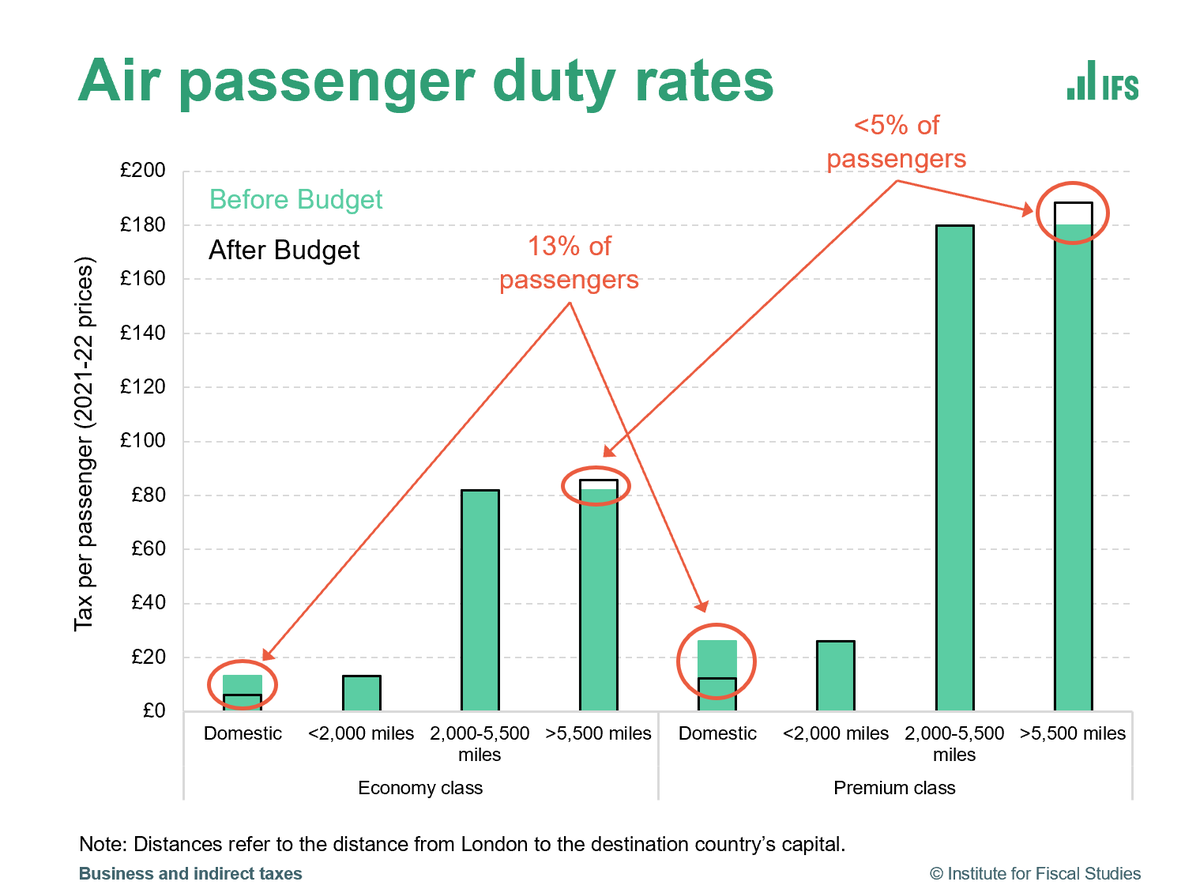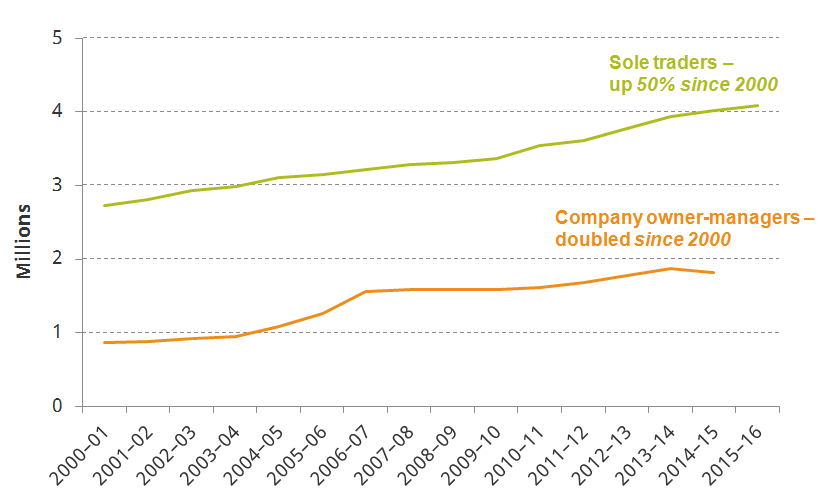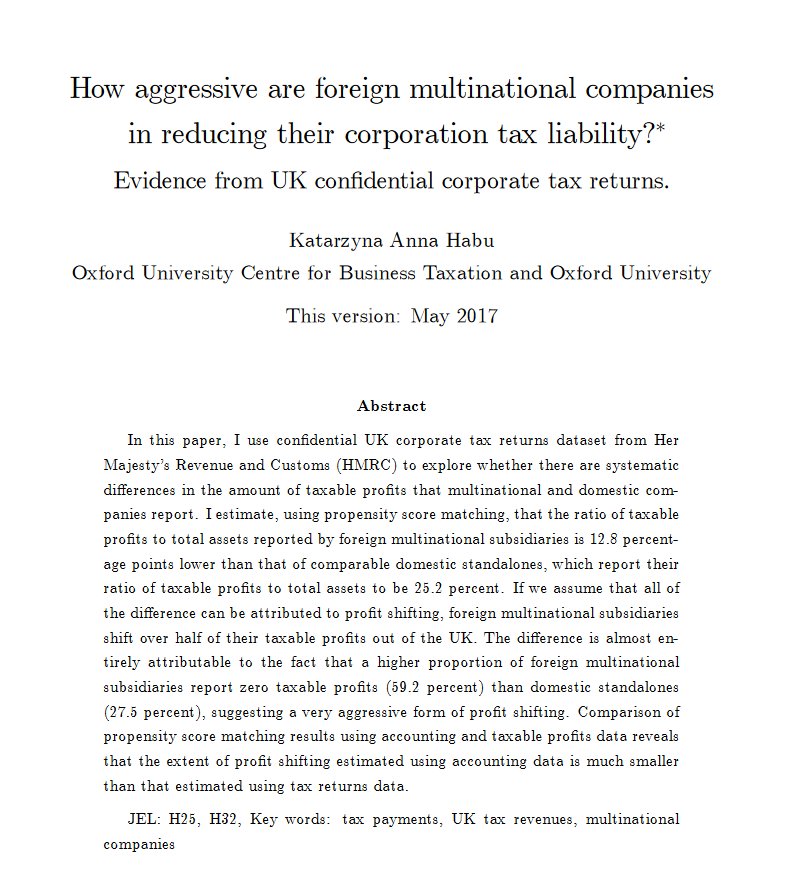
Short thread on where I think we are with Business rates.
Govt launched ‘fundamental review’. Budget bought some welcome changes – more frequent revaluation, exemptions for some investments - but not fundamental reform. Problems with BR predate pandemic and will remain.
1/4
Govt launched ‘fundamental review’. Budget bought some welcome changes – more frequent revaluation, exemptions for some investments - but not fundamental reform. Problems with BR predate pandemic and will remain.
1/4
We’ve said many times- business rates are NOT killing the high street; a land value tax would keep the best bits of the system and remove the problematic bits.
Explanations here:
📜 ifs.org.uk/publications/1…
🗣️ ifs.org.uk/podcast/are-bu…
2/4
Explanations here:
📜 ifs.org.uk/publications/1…
🗣️ ifs.org.uk/podcast/are-bu…
2/4
Govt consultation response said:“arguments in favour of LVT are outweighed by a lack of evidence of the benefits, the significant practical challenges of introducing an LVT, and the probable adverse impacts in relatively high-value areas such as city centres”. I disagree but: 3/4
On this basis, there’s no evidence in favour of online sales tax (still being considered); would have major practical difficulties (what's an ‘online sale’); would adversely impact high value online business. AND, I don’t think it would work to ‘offset’ the effects of BR.
End.
End.
• • •
Missing some Tweet in this thread? You can try to
force a refresh













